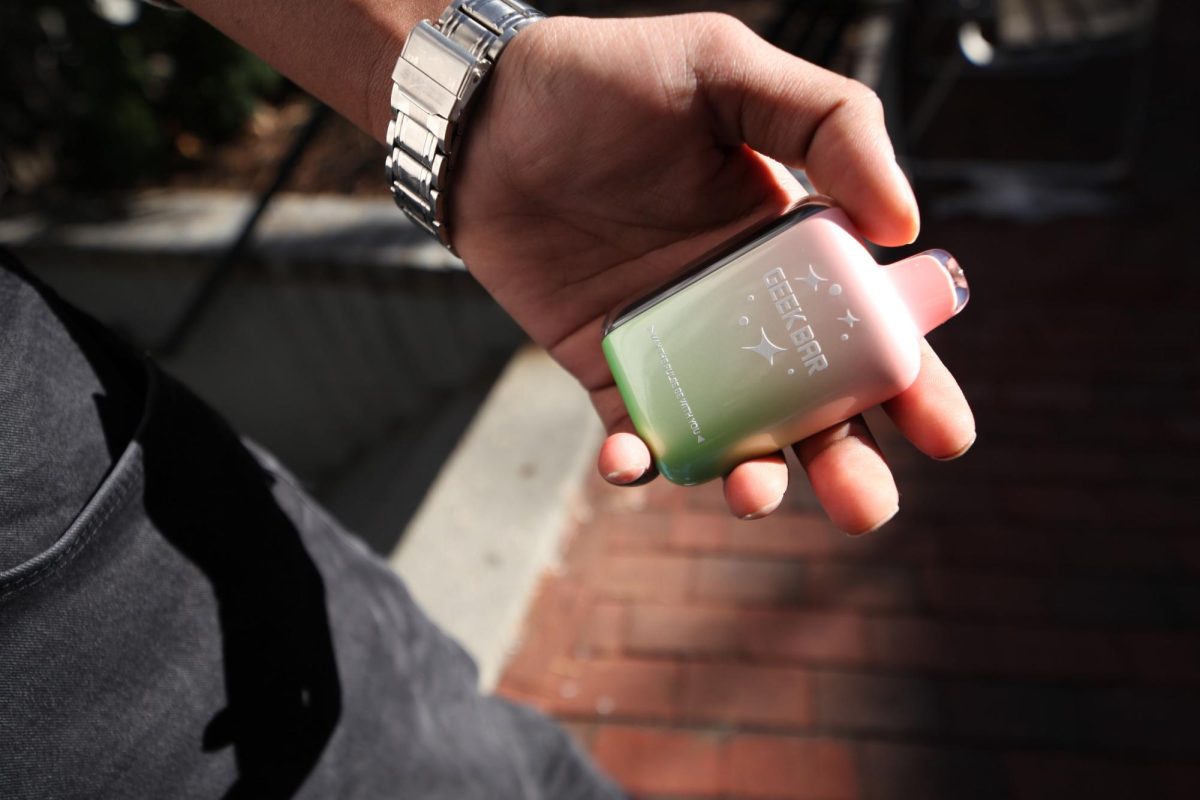The decision to dismiss students based on poor academic performance will now be up to the university instead of individual colleges, the Faculty Senate decided Monday.
While the current policy allows the colleges to decide how long students have to bring up their grades, the university will now allow all students only two semesters, with a possible extra semester upon appeal, to raise their average above a 2.0 QPA.
“If you fall below that standard, you’re placed on probation,” said Director of University Communications Ed Klotzbier. “And if your grades don’t improve you can possibly be dismissed.”
Students must maintain at least a 1.8 by the end of their freshman year and a 2.0 for every semester after that.
While the vote passed, not all of the senators agree with the new policy. Dean of Engineering Alan Soyster said that the current system is fair.
“Engineering has had a very successful process for advising students and counseling them,” Soyster said. “We were happy with what we have in place and we think it’s better than what is being proposed.”
He said that some majors, like engineering, require students to complete more difficult courses in their early years.
“Especially freshmen in engineering have a fairly difficult curriculum, and sometimes students don’t get sorted out as soon as we’d like them to get sorted out as far as their work habits and their performance,” Soyster said.
Northeastern Provost Ahmed Abdelal does not think that the dismissal policy should be college-based, but that academic standing committees within the colleges should have a say in the process.
“I think it’s a good idea to have a university wide policy, but we’re still leaving it to each college to look at the individual appeals,” Abdelal said.
Senior marketing major Hemanth Jay said, “It is more personalized if it’s by the individual college.”
Jay also said that students should not be removed from school no matter what their academic performance.
“They shouldn’t expel you. Probation maybe, not expel,” he said.
Sophomore criminal justice major Melissa Spooner, however, disagrees and said that sometimes expulsion is appropriate.
“There are probably circumstances where [a student’s QPA] might fall below [the requirement] that are beyond the student’s control,” Spooner said. “They shouldn’t expel them right away.”
Spooner said that two semesters is adequate time for students to get their grades up.
“If there are problems that are that bad going on, I don’t know if you should be in school,” Spooner said.
Spooner also agreed that the decision should be up to the individual colleges.
“The criteria for each one is different so I think the circumstances in each case should be looked at differently,” she said.
While freshman phsycology April Davies feels that immediate expulsion for poor performance would be “a little drastic,” she said that two semesters give a student “plenty of time.”
“If you can’t bring up your grades in a whole year, then there’s something wrong,” she said.
Davies feels that the separate colleges should not have the authority to decide when students should be dismissed.
“I think to be fair it should be university wide,” she said. “I understand different colleges are harder, but I think it should be university-wide.”
Abdelal thinks that students should be receptive of the new policy.
“I hope that most of the students will think that this is reasonable,” he said. “This conforms with the national norms in terms of academic standing so it’s really not unusual.”
The new policy will go into place in the fall, and will not affect current students.








